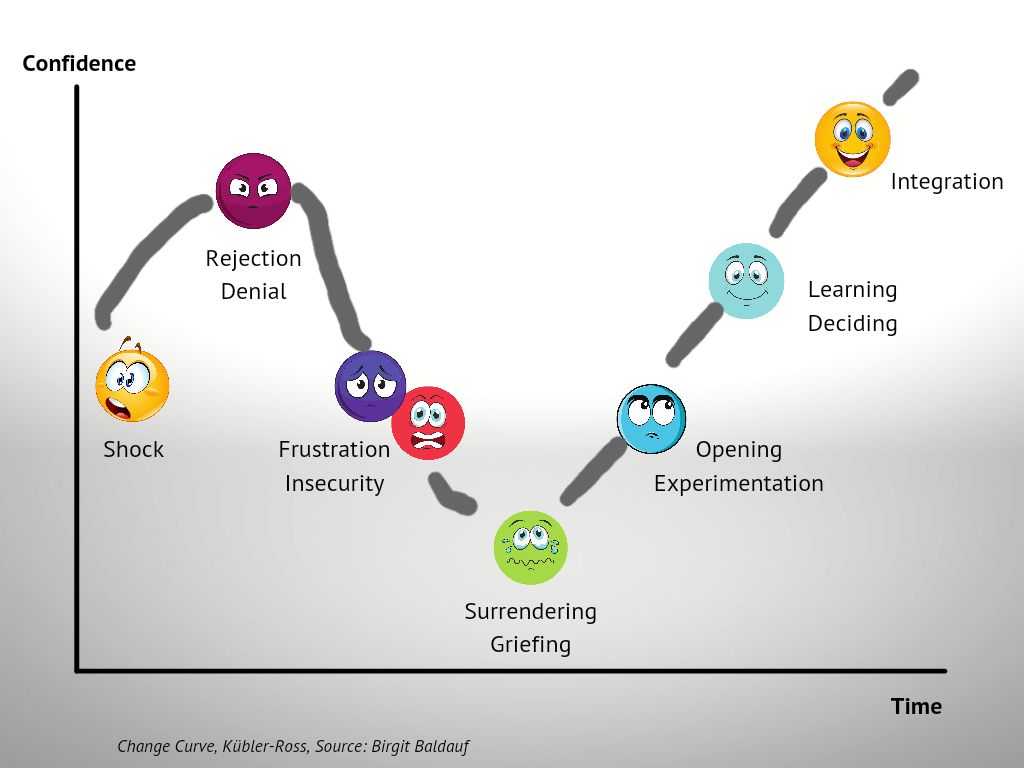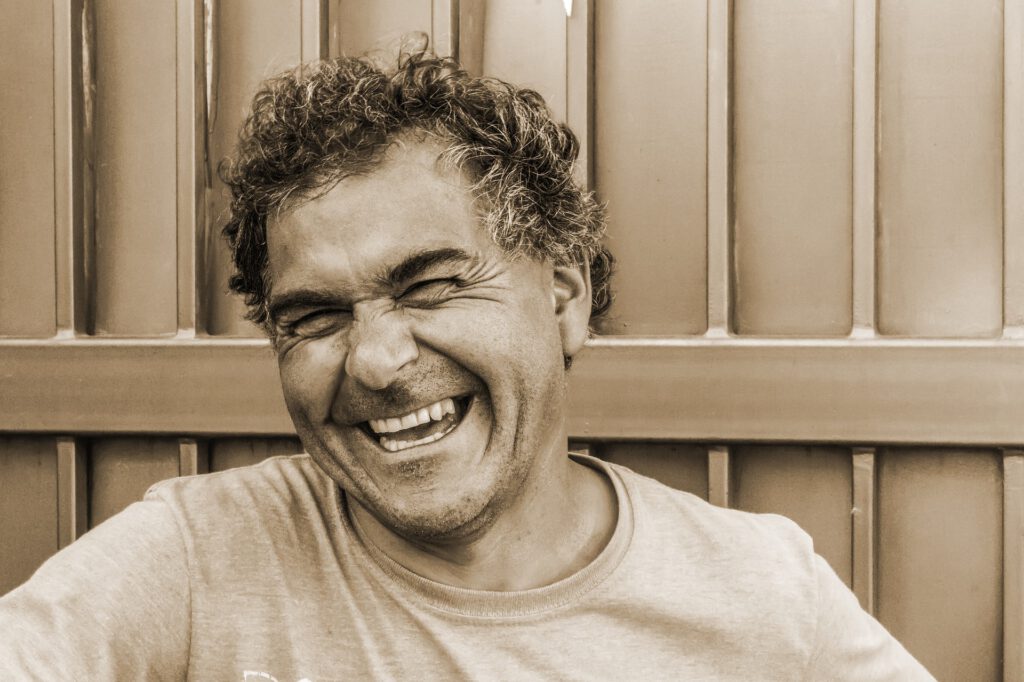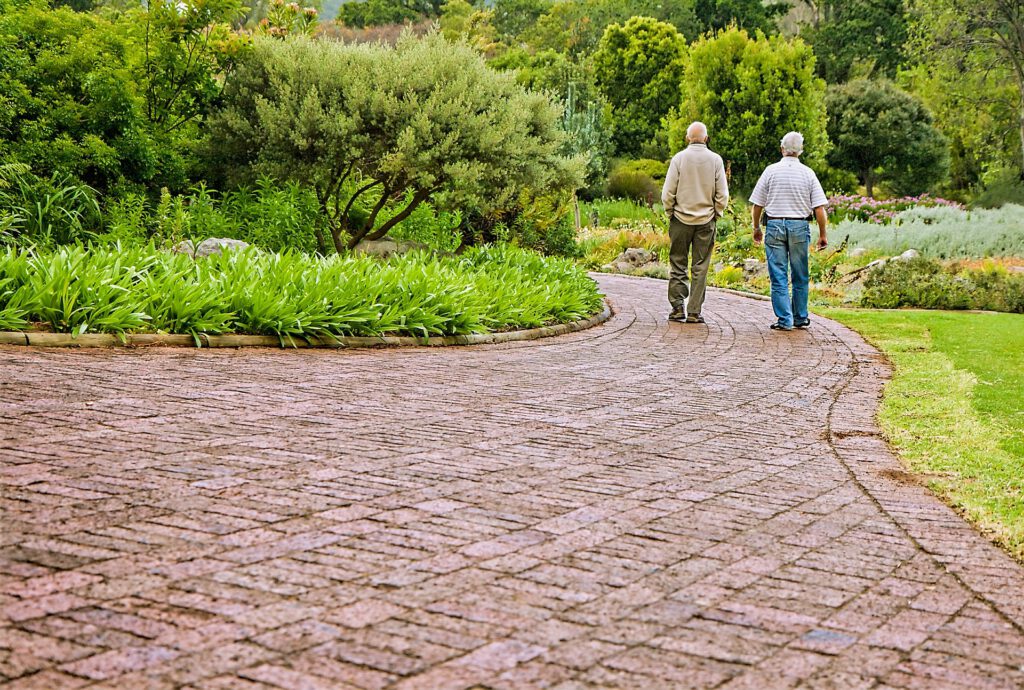
After weeks of clouds, rain and wind, finally the weather for a ride again!
I couldn’t pass up the chance and went for a nice one. And while I was enjoying the weather and the landscape, it occurred to me how much motorcycling teaches for “real life”.
Many of the techniques and tips for riding can also be applied to everyday life.
Therefore today – also for all those who don’t ride a motorbike –
10 tips from the motorbike saddle for a smooth, safe and joyful ride – through your everyday life:
- Your bike follows your gaze.
- look at where you want to be and keep your eyes and your focus on what you want to achieve
- Brake before turns, assess, release the brake, let it go.
- Pause before “changing direction” = change; in order to approach change consciously and thoughtfully – don’t rush from one into the next straight away.
- But also release the brake = let go; curves = changes and new things can also be “braked to pieces” because of the need for safety.
- Overcome the fear of leaning in.
- In addition to point 2: letting go if followed by leaning in. Trust – this is the only way to get into the “flow”. As long as fears are still hold you back, you lose the chance of a nice experience. Especially with new experiences, it takes some effort – but it’s worth it.
- Keep physically fit with sports that train stamina and performance. Then even long rides are no problem.
- Our everyday life is often like a demanding route – or a long tour! Take care of yourself as like you do take care of your bike! 😉
- Every ride is the perfect training for the next ride!
- See mistakes as learning opportunities – if you get angry about them, your focus will be lost and you will head in the wrong direction (see point 1).
- When you ride a motorbike, only ride – and nothing else.
- No distractions. Keep all your attention on one thing you are doing and only on the one thing you are doing NOW.
- Pay attention to the signals of your body – pause in time!
- There is nothing more to say 😉 Tiredness on the bike can cost you your life – exhaustion in everyday life leads to mistakes – which in turn lead to more work. So – rest and refuel in time!
- Stick to your riding style – don’t let yourself be provoked into risky riding manoeuvres.
- Pursue Flow = know your own limits and expand them bit by bit = beat yourself – instead of pursuing superiority.
- Let YOUR abilities and YOUR values lead the way
- Always expect the unexpected – use your imagination in unpredictable situations and curves to adjust to different possibilities.
- Also in everyday life it helps to play through different situations mentally to prepare yourself.
- Likewise important: always ride at a speed that leaves you with some resources for manoeuvres = never ride contiuously at your limit – to make sure you can face the madness in a relaxed way 😉
- Don’t get angry with others.
- 1:1 transferable. Anger at others causes the same as anger at oneself – an unfavourable shift of your focus and your energies. Better: Accept what is and think about how you want to deal with it the next time in order to stay in a healty state of mind.
Have a safe journey – whether in everyday life or on the bike!
Take care,
Birgit
Motorcycling tips inspired by ADAC











